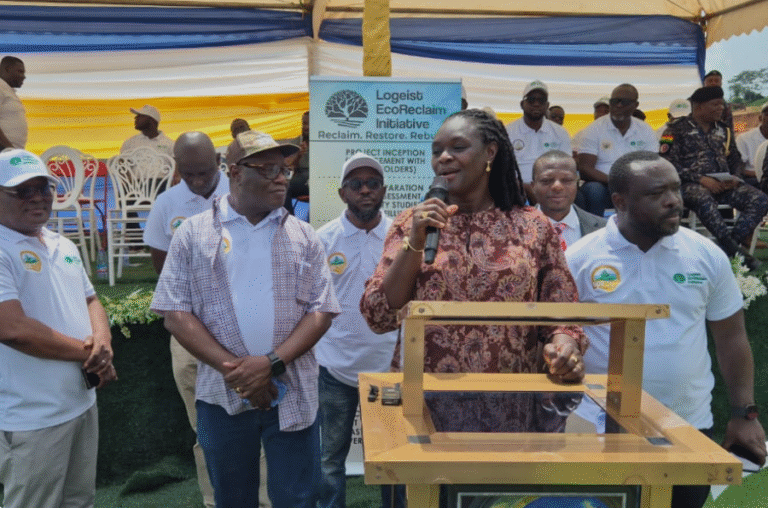The Chief Executive Officer of the Environmental Protection Authority (EPA), Prof. Nana Ama Browne Klutse, has reaffirmed the government’s commitment to reclaiming and rehabilitating landscapes ravaged by illegal mining.
She described the effort as crucial to restoring Ghana’s ecological integrity and safeguarding the nation’s environmental future.
Vast areas of Ghana’s forests, farmlands, and river systems have been severely degraded by galamsey operations, threatening biodiversity, contaminating water sources, and endangering livelihoods and public health.
Launching a 2,000-hectare pilot reclamation project at Gyaman Nkwanta in the Amansie Central District of the Ashanti Region, Prof. Klutse emphasised the government’s resolve to reverse environmental devastation and restore degraded ecosystems.
“The reclamation project we’re launching today is a step toward healing the land, restoring livelihoods, and rebuilding hope.”
She explained that the initiative aligns with the EPA’s core mandate to protect, manage, and enhance Ghana’s environment while promoting sustainable development.
“This is a national initiative focused on reclaiming degraded lands and rehabilitating ecosystems destroyed by mining and other unsustainable human activities,” she said.
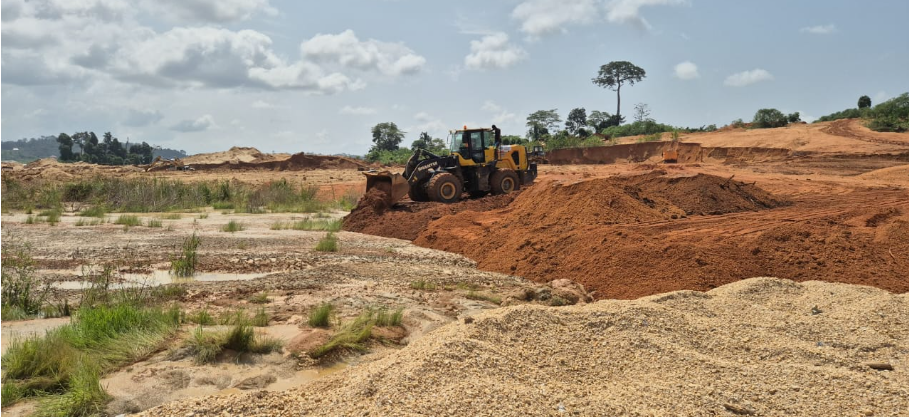 Under the EcoReclaim Project, Prof. Klutse said degraded sites will be surveyed, mapped, and restored using advanced ecological engineering techniques such as topsoil replenishment, slope stabilisation, and the planting of indigenous tree species capable of phyto-remediation—a process that extracts heavy metals and revives soil health.
Under the EcoReclaim Project, Prof. Klutse said degraded sites will be surveyed, mapped, and restored using advanced ecological engineering techniques such as topsoil replenishment, slope stabilisation, and the planting of indigenous tree species capable of phyto-remediation—a process that extracts heavy metals and revives soil health.
She further disclosed that the EPA’s partnership with LOGEIST Group Limited will promote agroforestry and sustainable farming systems to rebuild livelihoods within affected communities.
“The objective is not only to reclaim the land but also to reclaim livelihoods and, most importantly, the dignity of the community.”
The LOGEIST EcoReclaim Project, spearheaded by the EPA under the government’s flagship “Reclaim, Restore, Rebuild” initiative, seeks to revive soil fertility, enhance biodiversity corridors, and strengthen climate resilience in post-mining landscapes. The pilot phase in Amansie Central adopts a community-driven model that actively involves local residents, traditional authorities, and partner agencies.
EPA’s Acting Ashanti Regional Director, Sydney Kwaku Danso, described the project as a “process of ecological healing,” urging traditional rulers to take ownership of reclaimed lands.
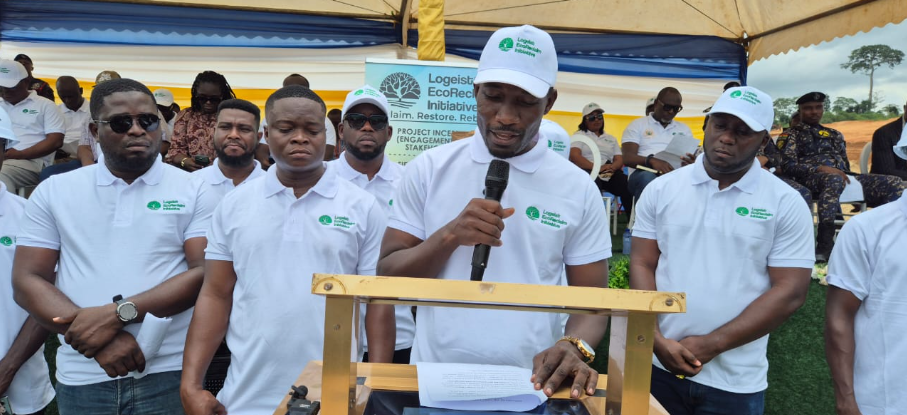 “Reclaiming our land is not a one-day event; it’s a process of healing. It demands commitment, discipline, and collective stewardship. I urge local authorities and communities to protect reclaimed sites and prevent re-degradation”
“Reclaiming our land is not a one-day event; it’s a process of healing. It demands commitment, discipline, and collective stewardship. I urge local authorities and communities to protect reclaimed sites and prevent re-degradation”
For his part, the CEO of LOGEIST Group Limited, Daniel Doe Tamakloe, outlined the company’s integrated land-management strategies designed to ensure the project’s long-term sustainability.
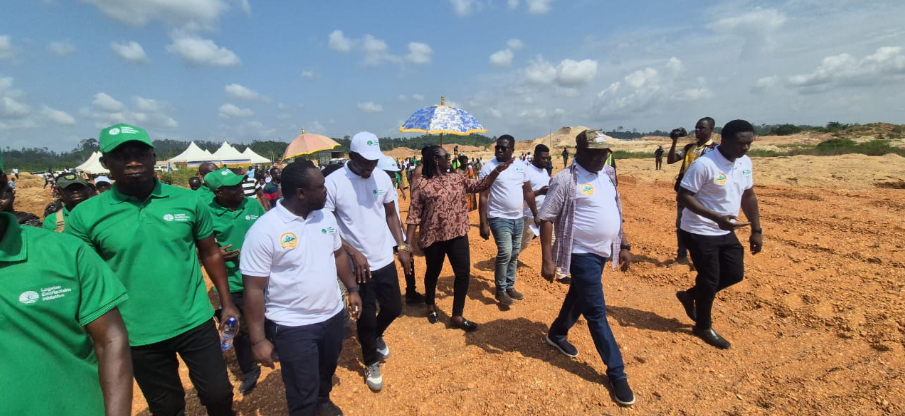 “As part of our operational framework, LOGEIST is adopting best-practice land-management models, including the use of phyto-remediation and bio-utilisation species to naturally restore soil nutrients and stabilise ecosystems. This will be complemented by integrated land-use planning, real-time soil mapping and monitoring, and community-based maintenance systems that empower residents as custodians of restored lands.”
“As part of our operational framework, LOGEIST is adopting best-practice land-management models, including the use of phyto-remediation and bio-utilisation species to naturally restore soil nutrients and stabilise ecosystems. This will be complemented by integrated land-use planning, real-time soil mapping and monitoring, and community-based maintenance systems that empower residents as custodians of restored lands.”
Traditional leaders in the area have welcomed the initiative, pledging full support to protect reclaimed lands, promote sustainable livelihoods, and champion environmental regeneration across the district.
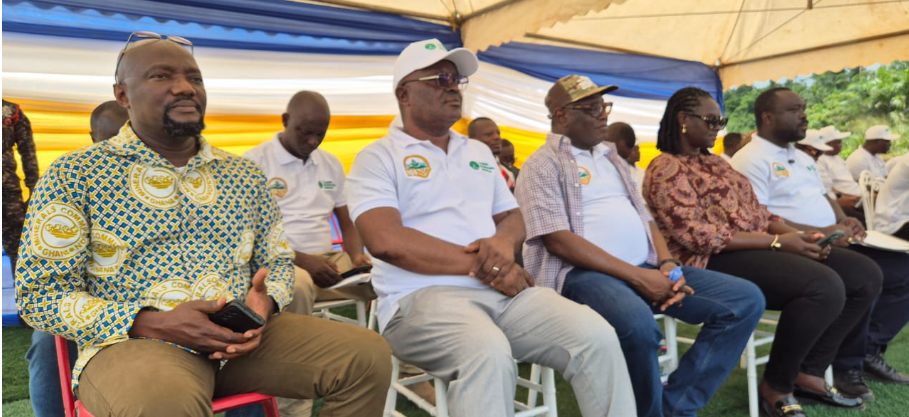
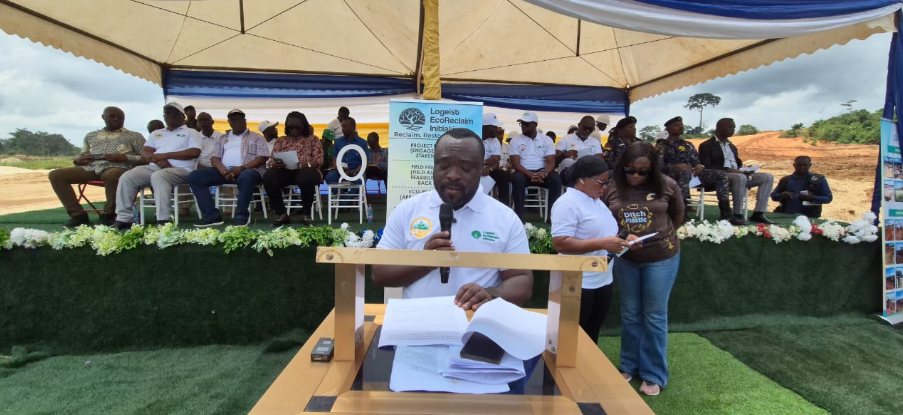 Source:Lovinghananews.com
Source:Lovinghananews.com


